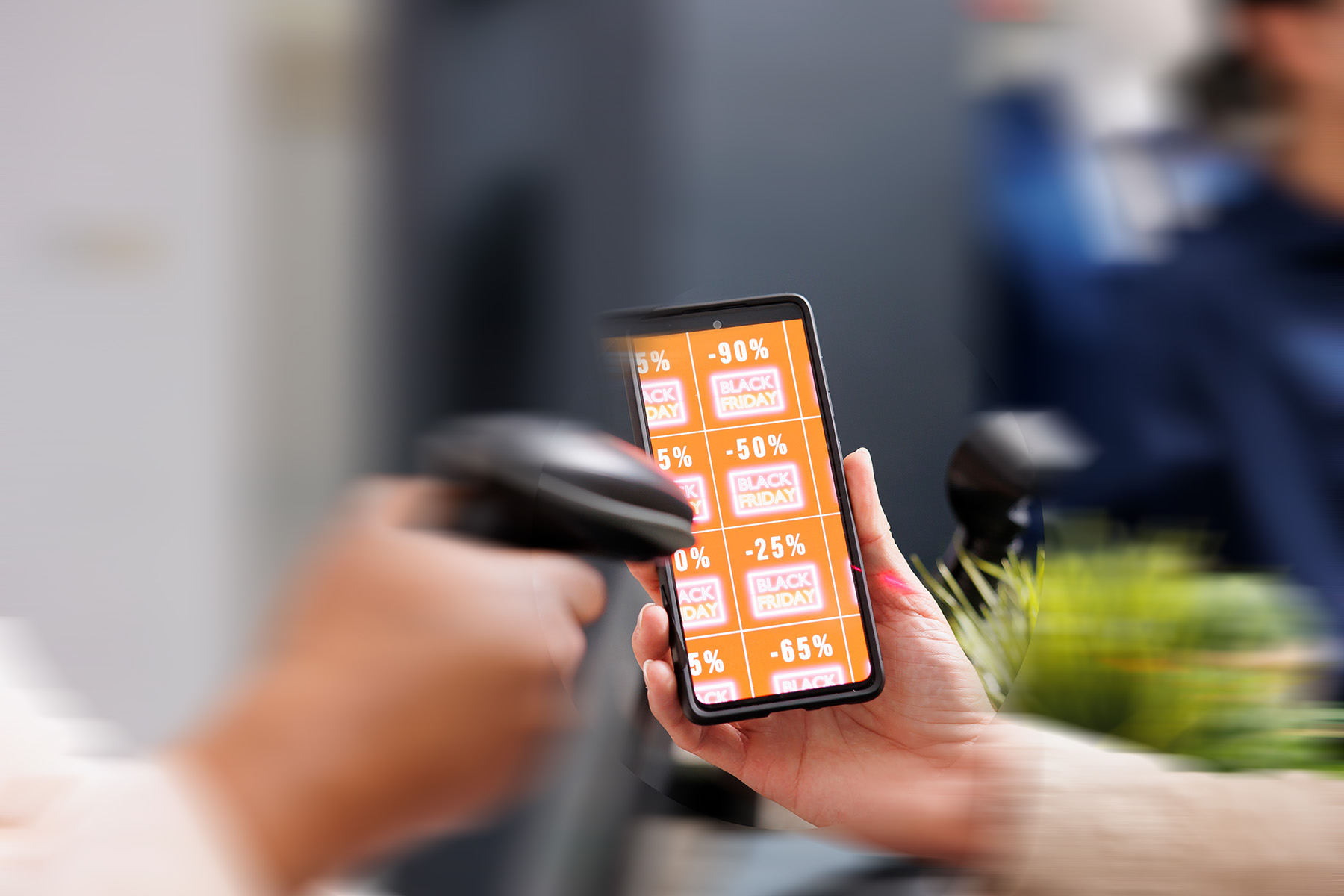In the ever-evolving world of digital advertising, staying ahead of the curve is crucial for success. With the rapid advancements in technology taking place every year, marketing automation continues to rise in popularity as brands look to deliver powerful CX strategies underpinned by data and AI technology. It offers a multitude of benefits that not only streamline processes but also enhance the overall effectiveness of marketing and ad campaigns. In this article, we will explore why marketing automation is poised to revolutionize the (M)adTech landscape.
Enhanced Personalization
One of the most significant advantages of marketing automation is the ability to create highly personalized and targeted campaigns. Automation tools can collect and analyze vast amounts of data, including user behaviour, preferences, and demographics, in real-time. This data-driven approach allows advertisers to deliver tailored content to individual users, resulting in higher engagement rates and improved ROI.
Improved Efficiency
Manual marketing and advertising campaign management can be time-consuming and prone to human errors. Marketing automation eliminates these challenges by automating routine tasks such as scheduling, budget allocation, and performance monitoring. This allows marketing professionals to focus on strategic planning and creative aspects, ultimately driving better results.
Real-time Optimization
In today’s fast-paced digital landscape, the ability to adapt and optimize campaigns in real-time is crucial. Marketing automation tools continuously monitor the performance of marketing campaigns or ads and make adjustments based on predefined criteria. This dynamic approach ensures that ad spend is allocated to the most effective channels and audiences, maximizing the impact of each campaign.
Multichannel Integration
Marketing automation platforms often provide seamless integration with various advertising channels, including social media, search engines, email marketing, and display advertising. This integration enables advertisers to orchestrate cohesive and consistent cross-channel campaigns. For example, if a user interacts with an ad on social media, they may receive follow-up emails tailored to their interests, creating a unified brand experience.
Data-driven Decision Making
Data is the new oil, the new ‘bacon’ the new ‘renewable energy’. No matter what analogy you want to use, data is essentially the key in successful and meaningful marketing and advertising campaigns. Marketing automation not only collects data but also provides sophisticated analytics tools that offer valuable insights into campaign performance. Advertisers can make data-driven decisions to optimize their strategies, allocate budgets effectively, and identify trends that can inform future campaigns.
Enhanced Customer journey Mapping
Understanding the customer journey is essential for delivering the right message at the right time. Marketing automation allows advertisers to map out and visualize the customer journey, identifying touchpoints and opportunities for engagement. This holistic view helps in crafting more relevant and compelling ad experiences throughout the customer’s path to conversion.
Scalability
As businesses grow and expand, their advertising and marketing needs evolve. Marketing automation platforms are designed to scale with the organization’s requirements. Whether a company is running a small-scale campaign or managing a global ad strategy, automation tools can adapt to meet these demands, making them a flexible and future-proof solution for marketers.
Cost Efficiency
While marketing automation platforms do require an initial investment, the long-term benefits often outweigh the costs. By automating repetitive tasks and optimizing budgets, marketers can significantly reduce wastage and improve the efficiency of their campaigns. This cost-effectiveness is especially valuable in an era where budgets are scrutinized closely.
Marketing automation is undeniably a core feature within the marketers tool-belt. Its ability to harness data, improve efficiency, enhance personalization, and optimize campaigns in real-time is transforming the way businesses connect with their audiences. As the digital advertising landscape continues to evolve, businesses that embrace marketing automation will gain a competitive edge and stay at the forefront of the industry. It’s not just a trend; it’s the future of MarTech.











